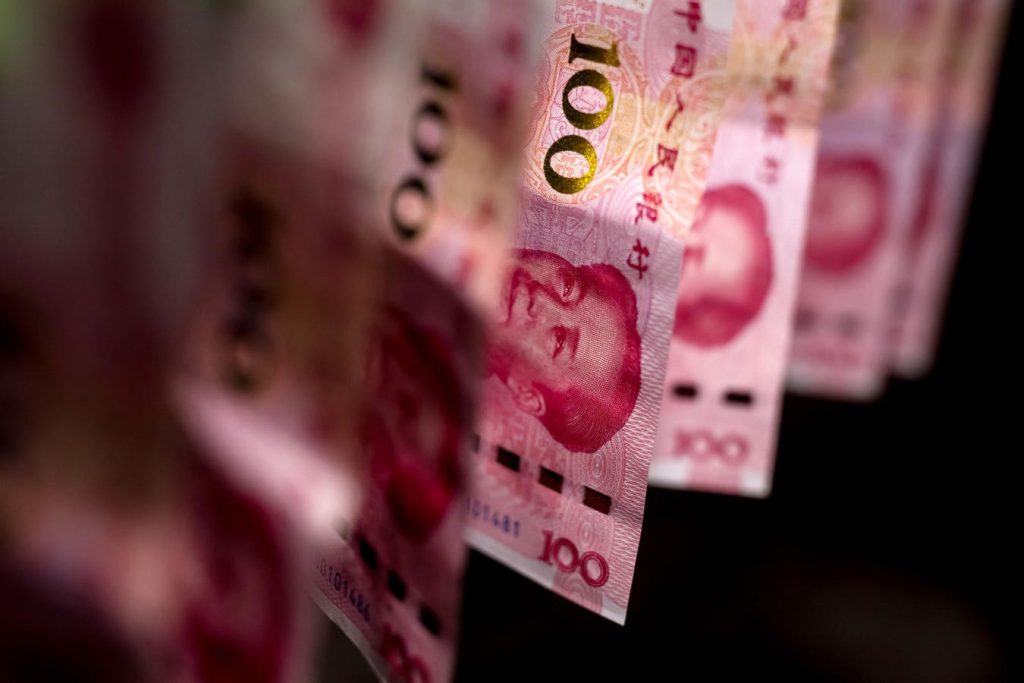China’s central bank, the People’s Bank of China, has allowed the yuan to weaken to levels not seen since January, sparking speculation about the potential implications for global geopolitics. The timing of this move is significant due to the resumption of the decline of the Japanese yen, China’s deepening deflation, and the approaching U.S. presidential election. With the election approaching, China’s decision to weaken the yuan could potentially turn into a major issue for both Joe Biden and Donald Trump, who have differing views on China’s economic policies.
The decision to let the yuan weaken could potentially lead to increased tensions between China and the U.S., with Trump’s history of focusing on Asian countries impacting American jobs. Biden has also taken a strong stance against China, as evidenced by the recent tariffs imposed on China-made electric vehicles. The possibility of a weaker yuan could prompt Trump to escalate tariffs on China even further, leading to a potential trade war between the two nations.
There are concerns that a falling yuan could exacerbate risks of default among China’s property developers, who hold significant offshore debt. Additionally, it could undermine China’s efforts to internationalize the yuan and reduce its dependency on the U.S. dollar. China has been working towards increasing the use of the yuan in global trade and finance, and a weakening yuan could hinder these efforts, as well as set back de-dollarization efforts by other countries.
Despite the potential risks, the PBOC’s decision to weaken the yuan has traders speculating about Beijing’s strategy to combat deflation. The challenge for the PBOC will be to strike a balance between a weakening currency that promotes growth without driving capital outflows. President Xi may view a more advantageous exchange rate as necessary to prevent China from entering a prolonged economic downturn. With Japan also pursuing its own economic policies to weaken the yen, the geopolitical cover for China to soften the yuan may be further bolstered.
As the likelihood of China engaging in exchange rate manipulation increases, so do the financial and political risks globally. The impact of this decision on the U.S. presidential election and the potential for escalating tensions between the U.S. and China remain to be seen. The outcome of China’s strategy to combat deflation through a weaker yuan will have significant implications for global trade and finance, as well as the power dynamics between major economies such as the U.S., China, and Japan.


